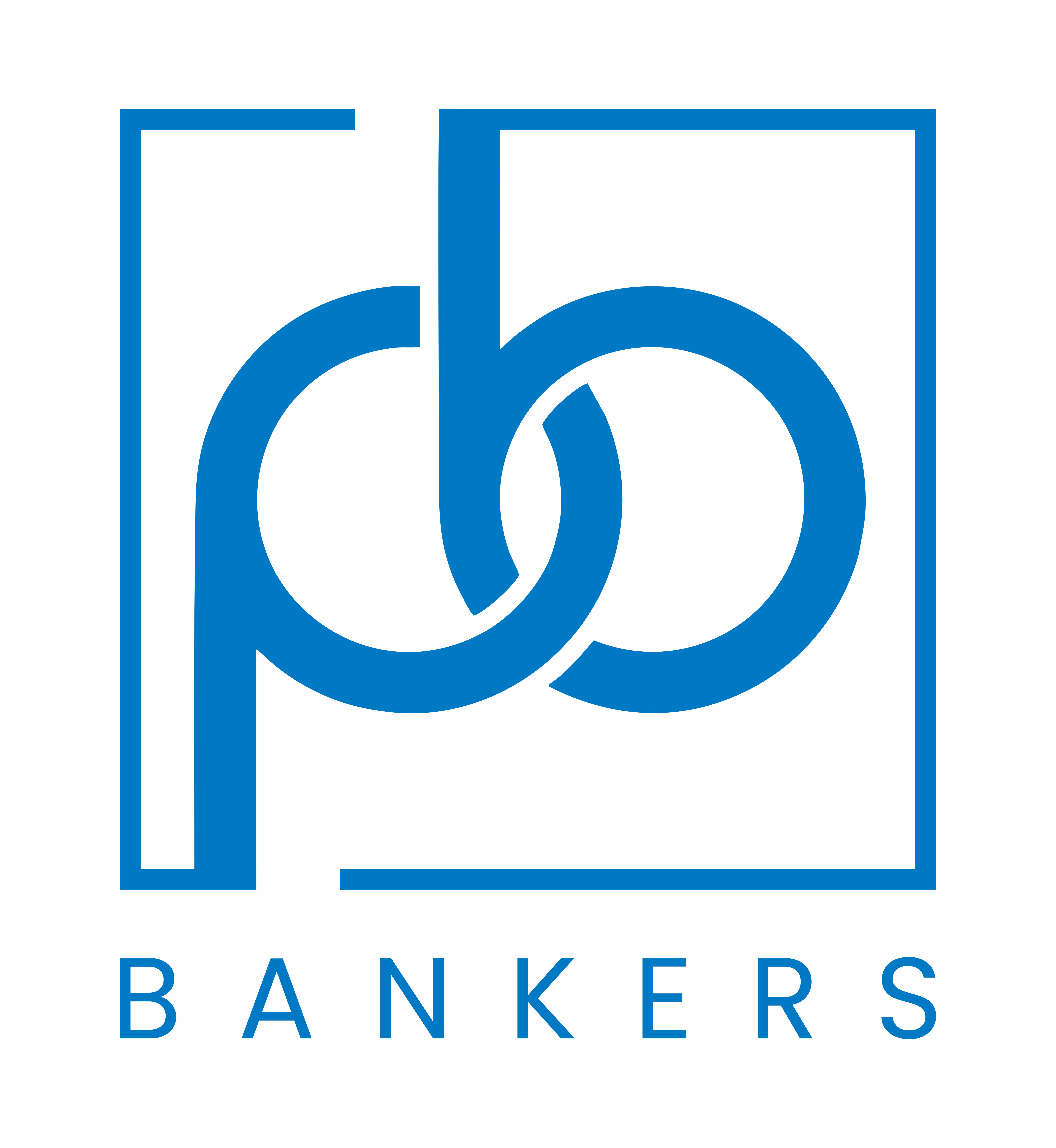What is the Infinite Banking Concept?

Infinite banking is a concept developed by the late economist R. Nelson Nash in the 1980s. The concept focuses on people becoming their own bankers. The infinite banking concept pushes the idea of individuals having more control over their finances through the creation and management of their personal banking functions.
The concept states that you can achieve financial freedom if you utilize dividend-paying, whole life insurance to put up your own banking system.
From the official website of IBC, which is also the website of the Nelson Nash Institute, you will find this info: “Our vision is a free society characterized by creative privatized banking solutions independent of government intervention.”
Infinite banking premise

The Infinite Banking Concept (IBC) premise is that if you have the right tools as well as
strategies, you can become your own banker. To be precise, the IBC states that people can
leverage whole life insurance policies to lend themselves cash, rather than borrowing from conventional financial institutions.
This is possible because if you have whole life insurance, you can borrow against the actual cash value of your whole life insurance policy. This means you can utilize the whole life insurance
policy you have withdrawn as collateral to borrow from yourself throughout your entire lifetime.
In other words, you can utilize IBC to finance a wide range of assets, from your house to your child’s college fees.
Another important feature of infinite banking is that, if you’re a policyholder, you can grow your wealth even as you continue to borrow from yourself. Whole life insurance policies allow you to earn dividends from your policy; therefore, your cash value has to grow with time.
Also, infinite banking seeks to utilize death benefits. Among the major characteristics of whole life insurance is that your death benefit payouts are guaranteed (provided you have paid your premiums). That is to say, when you die, your death benefit will be passed to the beneficiaries
that you listed when taking the life insurance policy. The beneficiaries on their side can establish their own infinite banking system, thereby playing a role in generational wealth creation.
The driving engine behind the Infinite Banking Concept is Austrian economics. Nash, a zealous disciple of the Austrian School of economics at one point, described the Infinite Banking Concept as “Austrian economics in action.”
You must differentiate between infinite banking and whole life insurance. Whole life insurance is just an enabler of infinite banking.
Which role does whole life insurance play in infinite banking?

Now that we’ve already stated earlier that infinite banking is not whole life insurance and vice versa. It would be important to understand the role of whole life insurance in infinite banking.
According to the father of infinite banking, Nash, whole life insurance is the best tool for infinite banking. The Infinite Banking Concept operates best when you, as the banker, use
well-structured whole life insurance for your banking needs.
Utilizing whole life insurance as a wealth creation tool was not a strange concept during the 1980s. Business tycoons such as John Rockefeller established fortunes by taking advantage of whole life insurance and employed the insurance policies in passing wealth that has existed for generations and generations. Renowned corporations have millions of dollars in the form of whole life insurance that help them finance business expenses as well as earn them conducive tax advantages. Also, Tier 1 assets of banks are made up of whole life insurance.
Actually, whole life insurance was among the courses offered at the Pennsylvania-based college, the Wharton School.
When Nash was developing the Infinite Banking Concept, the idea of utilizing policy loans as bank substitutes to make family wealth private was already a common practice. Nash,
therefore, used “Infinite Banking” as a strategy to market the concept to his customers, leading to a total transformation of a strategy that was used for centuries.
How does whole life insurance operate in infinite banking

Whole life insurance is accompanied by something called cash surrender value, sometimes referred to as cash value. Your policy’s cash value refers to the amount of death benefit your insurer is liquidating to you. In other words, if you decide to terminate your policy while you’re still alive, the cash value is what your insurance company pays you. Hope it’s clear up to that point. And then, provided you are paying the policy premiums, you can utilize your policy’s cash value for business or personal loans using the policy as collateral.
As opposed to term life insurance, where your beneficiary will only get financial support after your death, whole life insurance takes care of your entire life and you get to enjoy the benefits, as a policyholder, while still alive.
On the same note, it is important to understand that there are two types of whole life insurance. These are participating as well as non-participating.
The key distinction between them is that if you have a participating whole life insurance policy, you will take part or receive dividends based on your insurance company’s profits. On the other hand, if you opt for a non-participatory policy, your insurance company will not offer you a chance to participate and receive dividends.
In case your infinite banking is based on a participating whole life policy, the cash value multiplies whenever the insurer pays dividends. It also multiplies any time you pay your policy premiums and earn you an interest rate that is guaranteed.
Basically, your “bank” is made up of a fraction of premiums paid (your cash) + your guaranteed interest + potential dividends (cash from the insurance company).
Rather than keeping your money in a conventional bank account that has minimal returns, you get to save in a dividend-paying whole life insurance policy, which grows tax free and offers you a handsome rate of return.
The policy loan

We cannot talk about infinite banking and whole life insurance without mentioning the policy loan. A policy loan refers to the money the insurance company offers you in the form of a loan, using your policy cash value as collateral.
You are at liberty to access your whole life insurance policy cash value whenever you want for whatever reasons, such as purchasing a home, emergency expenses, business capital, tuition…
name any. However, to reap maximum benefits from the Infinite Banking Concept, it is advisable to utilize the cash value as a policy loan instead of a withdrawal.
Using your whole life insurance policy loan features allows the continuous growth of your cash value regardless of an existing loan. Any amount you borrow earns you interest as well as
potential dividends. Upon repaying the policy loan, the interest belongs to you – not the bank.
This is what forms the heart of the Infinite Banking Concept; your wealth experiences
continuous growth despite borrowing from it. In short, you are lending money to yourself!
To add to that, policy loans are not subject to taxation (tax-free). The interest and dividends you earn can be used without paying any taxes on the cash. However, if you make a withdrawal of the cash value, any amount above your basis – the total insurance premiums you’ve contributed – will be subjected to taxation.
When it comes to repaying the policy loans you operate as your personal bank and you have the freedom to determine your payment plan. Any pending loans will be debited from the death benefit.
What are the pros of infinite banking?

Remember, Infinite Banking is not a get-rich-quick scheme. The concept’s main aim is to enable you to have total control over your finances as well as get rid of unnecessary financial leakages from your individual economy, equipping you with the power to use your cash for asset growth and multiplication.
Infinite banking expects you to have full control over your personal financial future. If you are a goal-oriented person, this could be one of those great financial tools you will ever encounter.
Below are the pros of the Infinite Banking Concept:
● Non-Correlated Asset
The importance of storing your cash in a safe environment, insulated from the shortcomings of the stock market cannot be emphasized enough.
Whole life insurance isn’t correlated to the stock market. Meaning, that it is affected by any stock market occurrences. For instance fluctuations in the stock market cannot influence it.
Instead, whole life has guaranteed cash value growth offering you a “safe bucket” for your assets that can cover you against the flows and ebbs in the stock market.
Whole life insurance is a strategy to stabilize an otherwise dwindling world by offering a rock-solid financial base, against a potential market downturn.
Additionally, if you are into diversifying your assets, rather than putting your whole nest egg in the stock market, you can opt for a participating whole life policy.
● Enhances liquidity and cash flow
If you take part in the strategic utilization of whole life insurance with an infinite banking concept, you enhance your liquidity and cash flow.
With your equity in your policy, you can access the cash value of your policy whenever you
want. You simply have to contact your insurance carrier and order the issuance of a check. You can often get your check after a few days–without any qualification, evaluation, or hassle.
A great benefit of IBC through whole life insurance is the ability to store wealth as a liquid asset. The asset provides real growth of compound interest, in an environment that is favored by the tax.
● Personal Family Financing
IBC is great since it gives you the power to control (i.e. you become the owner and manager) your family’s or personal financing business. Your life insurance acts as your own bank and you, your own banker.
When you are your own banker, you can lend money to your personal business, charge your
business interest, and then the business pays you back for using your money. Your business can eliminate the interest. You can also recoup the interest used to repay the policy loan and repeat the process.
Whenever you offer a loan to yourself, your business, or your family, you charge interest. When recouping the cash with interest, your bank (policy) is earning more money than it was when you started.
Consequently, you amass more wealth over time.
● Leverage
Your life insurance’s death benefit isn’t the main point of focus when executing the Infinite Banking Concept. However, it offers a death benefit payout that is leveraged during the early years should a premature death occur.
With a sufficient death benefit, you can enjoy a peaceful life knowing well that your
beneficiaries are sorted in case you pass away at a younger age. Some good news is that the death benefit is not taxed.
● Freedom
When your financial life is no longer tied to banks, you indeed have the freedom to make a major decision.
Even if you’ve never had a dream of running a business, trying infinite banking and taking care of your finances as if it was a business is a great idea.
● Control
As opposed to other kinds of loans, that require you to specify what you will use the cash for, infinite banking allows you to borrow against your policy for any use – from personal needs to business.
● Dividends
The chances are high that your policy will be managed by a mutual company. If that is the case, you are also likely to receive dividends from your insurance company.
What are the cons of infinite banking?
Despite the many benefits, infinite banking is not without its share of limitations. The following are some cons of infinite banking:
● Costly
Whole life insurance is costly. Payment of these premiums can become difficult in case you retire early, change careers, or lose your job.
Even though you are not required to pay particular fixed monthly payments, for you to realize the true benefit of this concept; you will have to put into the policy about 10% of your income.
For the majority, this could be a tall order and it prevents many from ever trying this wonderful wealth creation strategy.
● Surrender periods are lengthy
Usually, you are not allowed to surrender or terminate your whole life insurance policy until after 5, or ten years from the time you subscribed to it. As a result, it becomes a long-term commitment with limited flexibility in case of a change in circumstances or goals.
Even though you are allowed to surrender it early, the insurer will hit you with huge penalties
and fees until you come to the full realization of why the term “surrender” is used when you opt to close your policy prematurely.
● Requires discipline
The IBC concept is not favorable for the faint-hearted. It requires high levels of discipline and solid inner conviction that you are ready to follow this with its finality. As Nelson Nash rightly put it, you should be an “honest banker.”
The determining factor in your success in infinite banking is your ability to borrow against your policy and payback, a factor that catalyzes its growth. If you fail to repay your policy, it will experience stunted growth and, eventually, fail to maximize the policy to pass to the next generations.
Therefore, you can only realize success with infinite banking if you approach your finances in a disciplined manner.
Who qualifies for infinite banking?

At first, IBC sounds like some way of saving cash and spending it later. Actually, until you have a solid cash flow, it is exactly that.
In case you intend to be your own banker and avoid the tyranny of banking, a convenient way to accomplish that is to save money by spending less than you earn. In case you want to make a huge purchase, you will have ready cash to fulfill that.
With that in mind, infinite banking can make sense for the super-wealthy and mega-high-income individuals. For those who are not, you can push infinite banking aside and concentrate on saving money for your next purchase, as well as establishing long-term
investments.
Is Infinite Banking a scam?

Due to one or more reasons, several individuals and corporations have referred to infinite
banking as a scam. However, are the infinite banking scam claims true? The direct answer is a big no. Even though the infinite banking concept is not the only or the best, several people have massively succeeded through it and that number is growing everyday as more and more discover the infinite banking concept.
Kyla Lovell is a financial expert that teaches the Infinite Banking concept utilizing whole life insurance. This concept creates financial wealth by creating your own personal bank. Get your free Infinite Banking report for more information on the concept.
Quick Contact